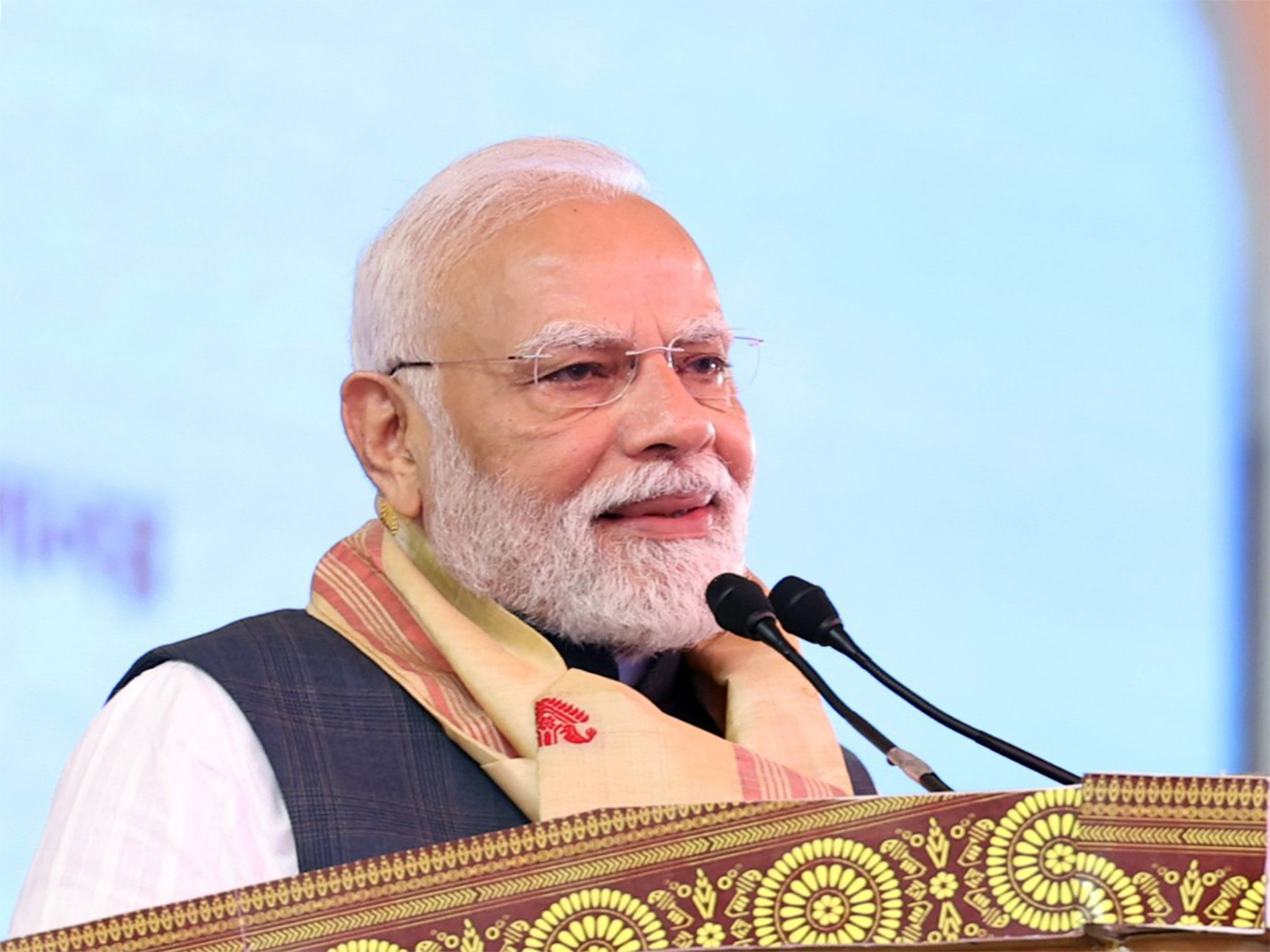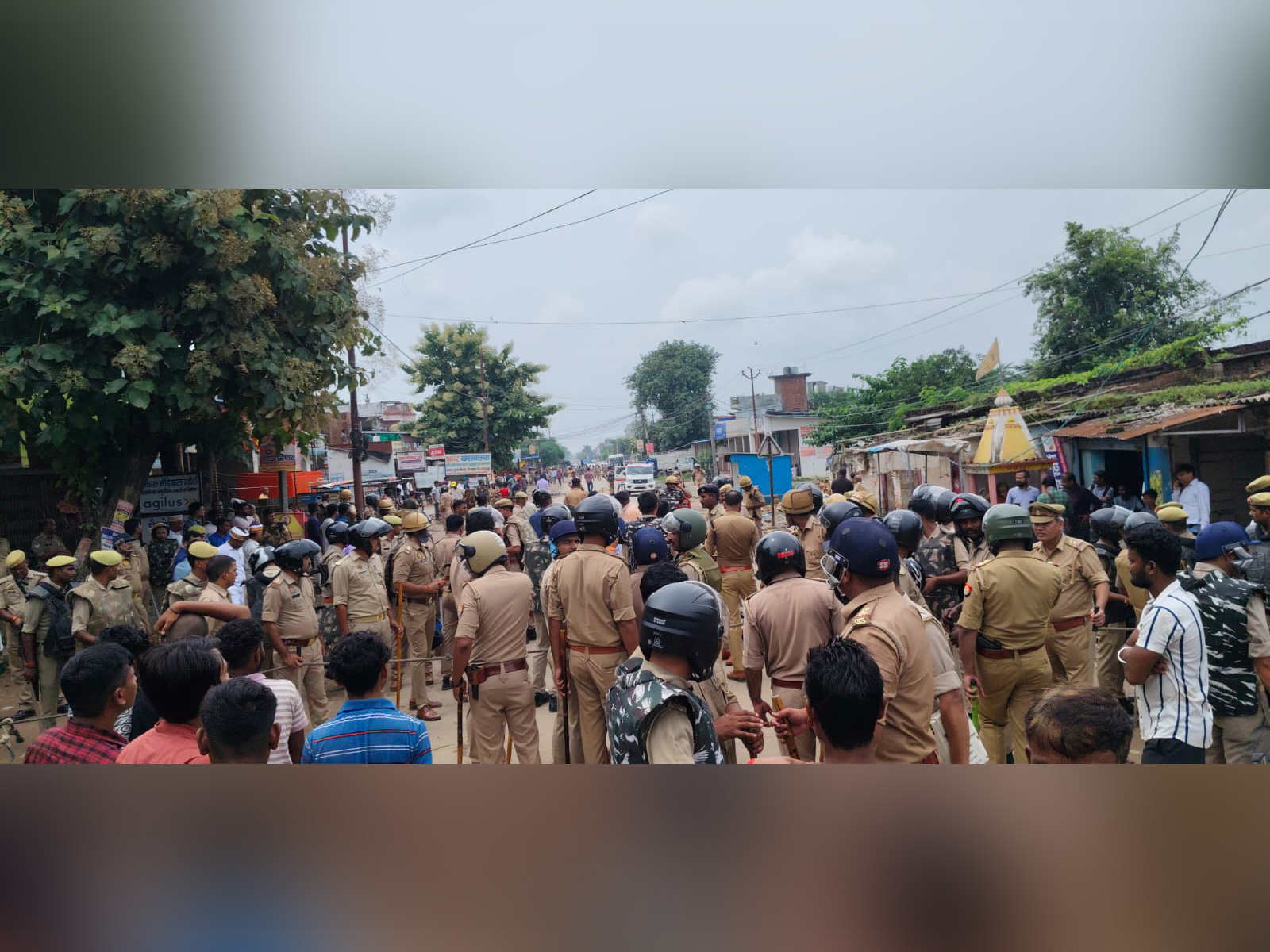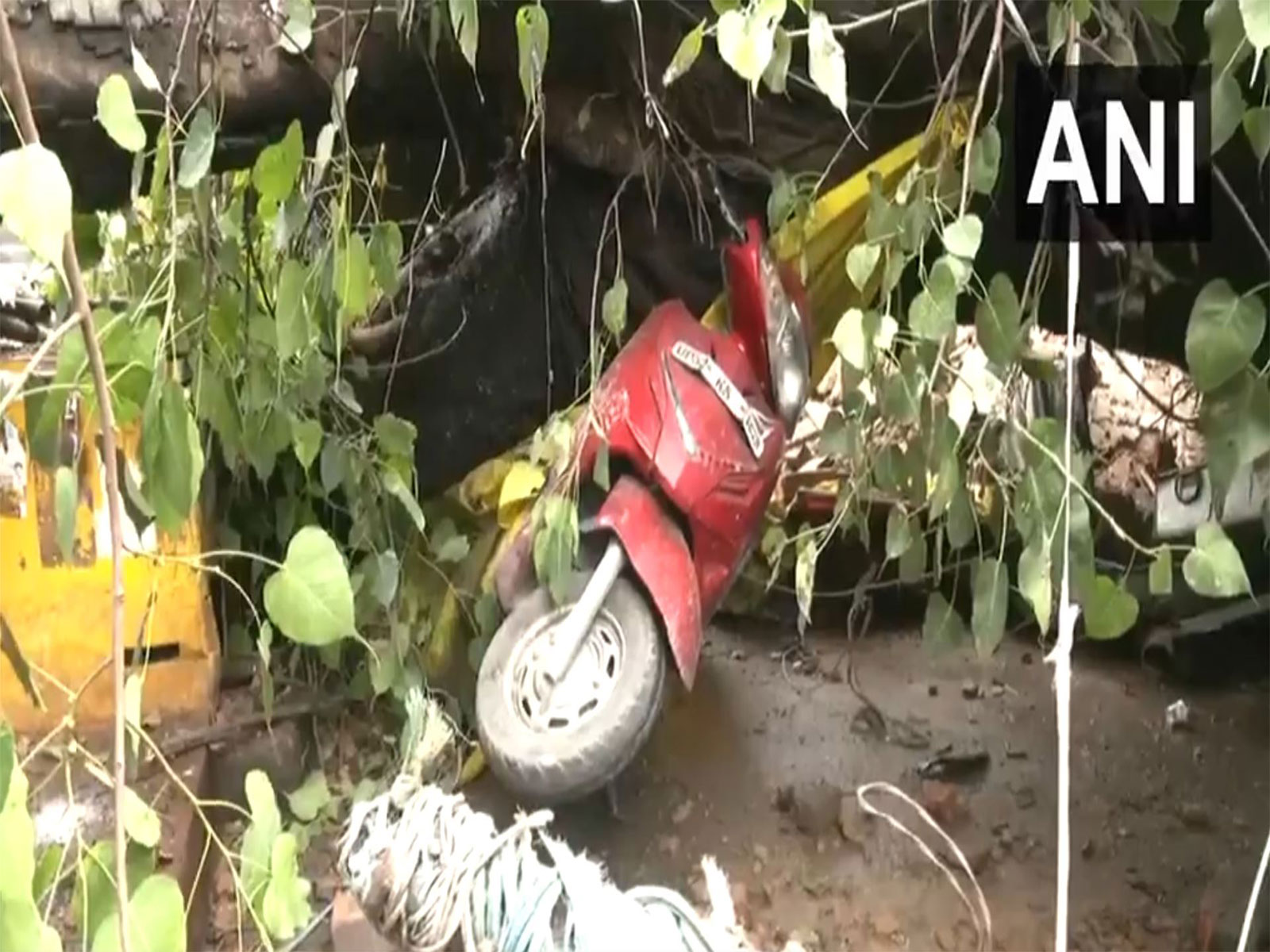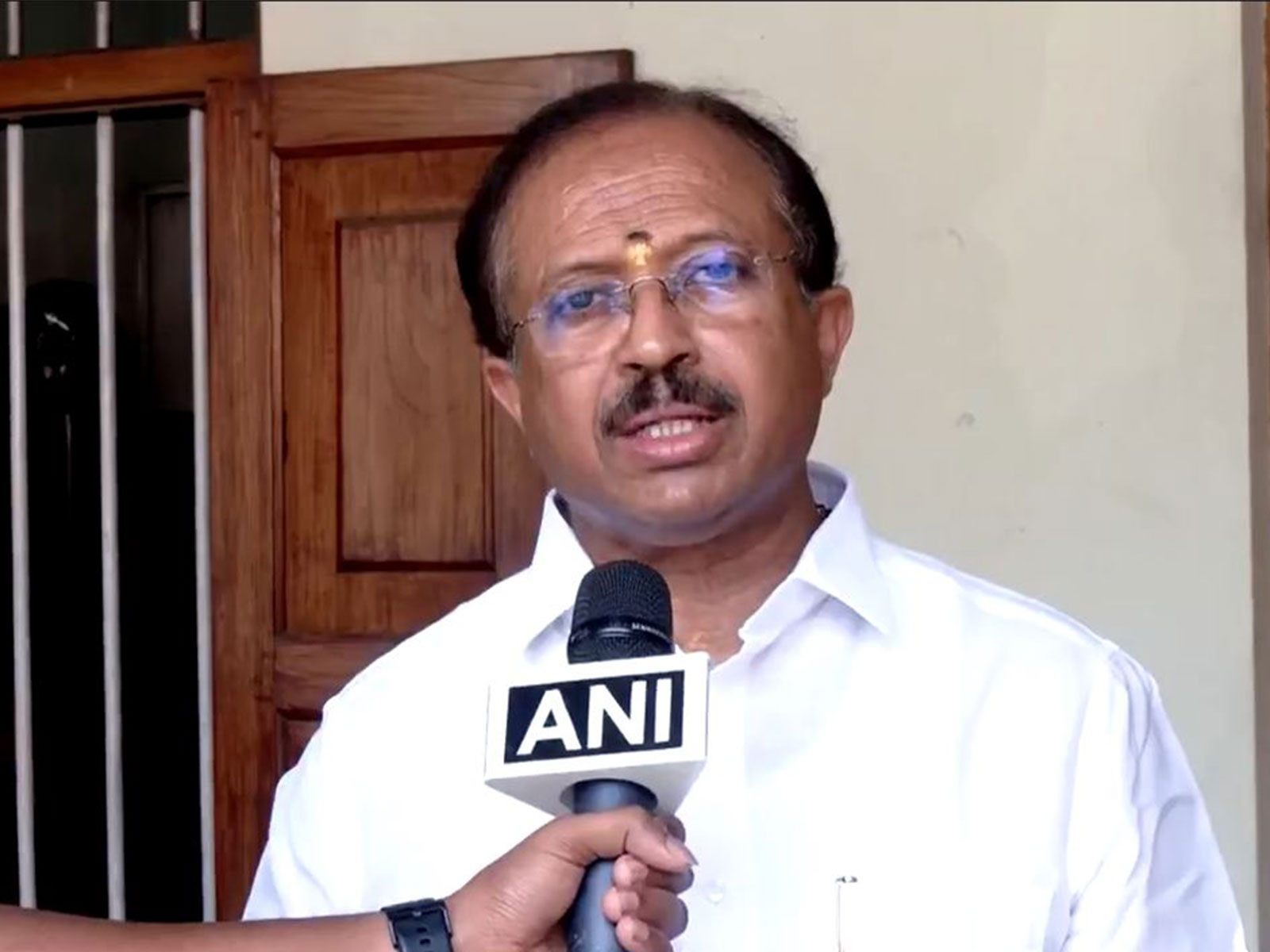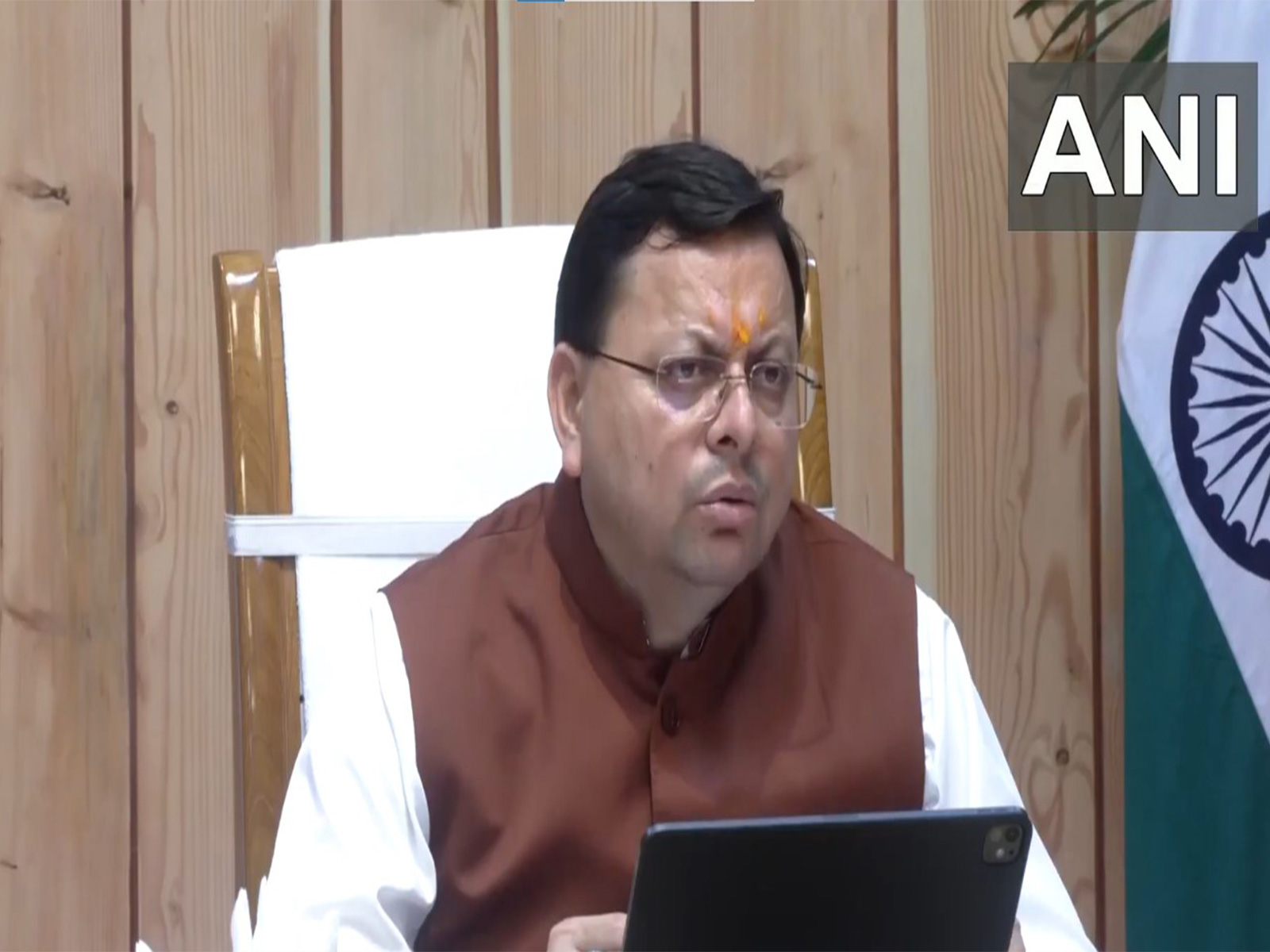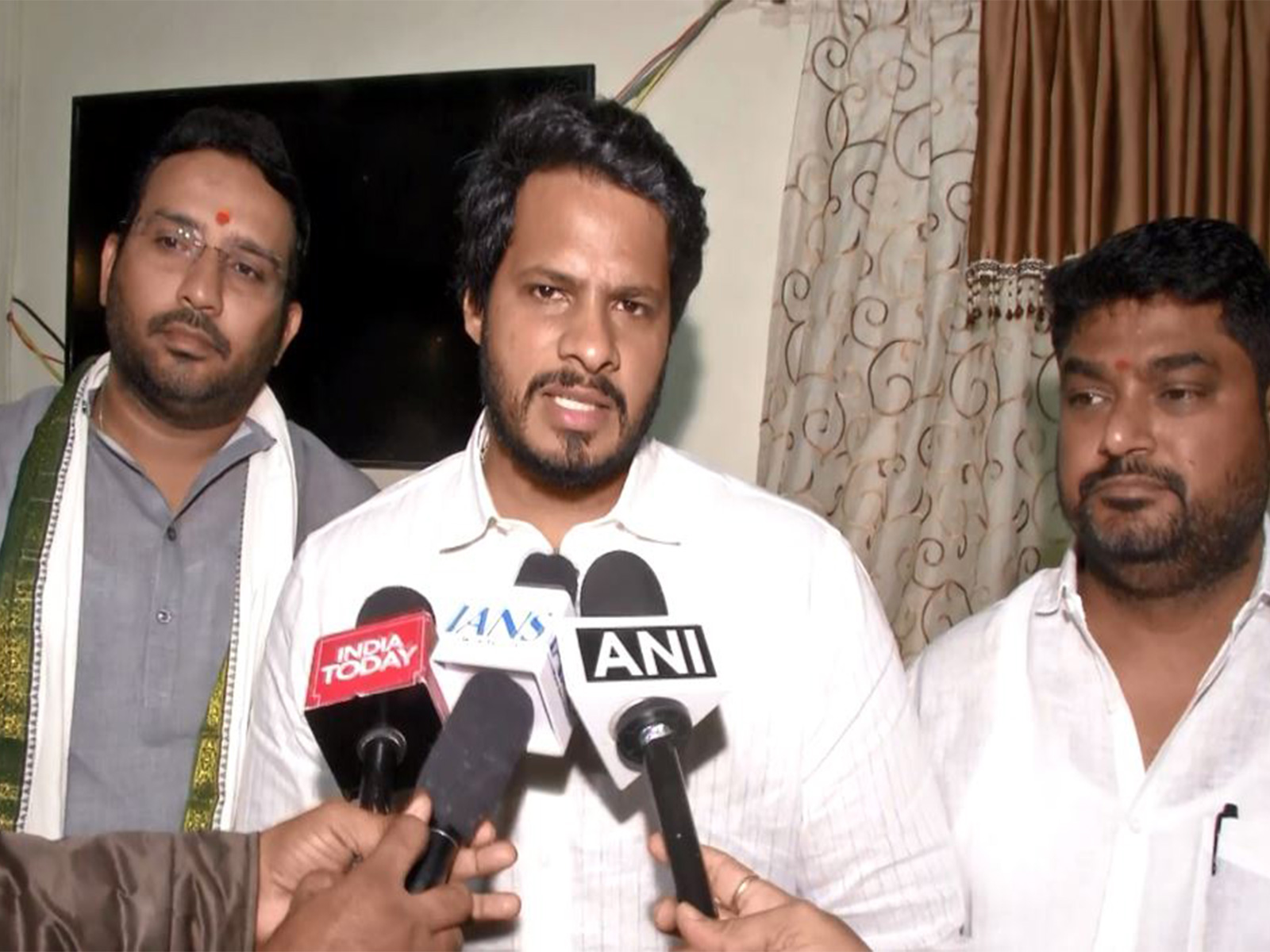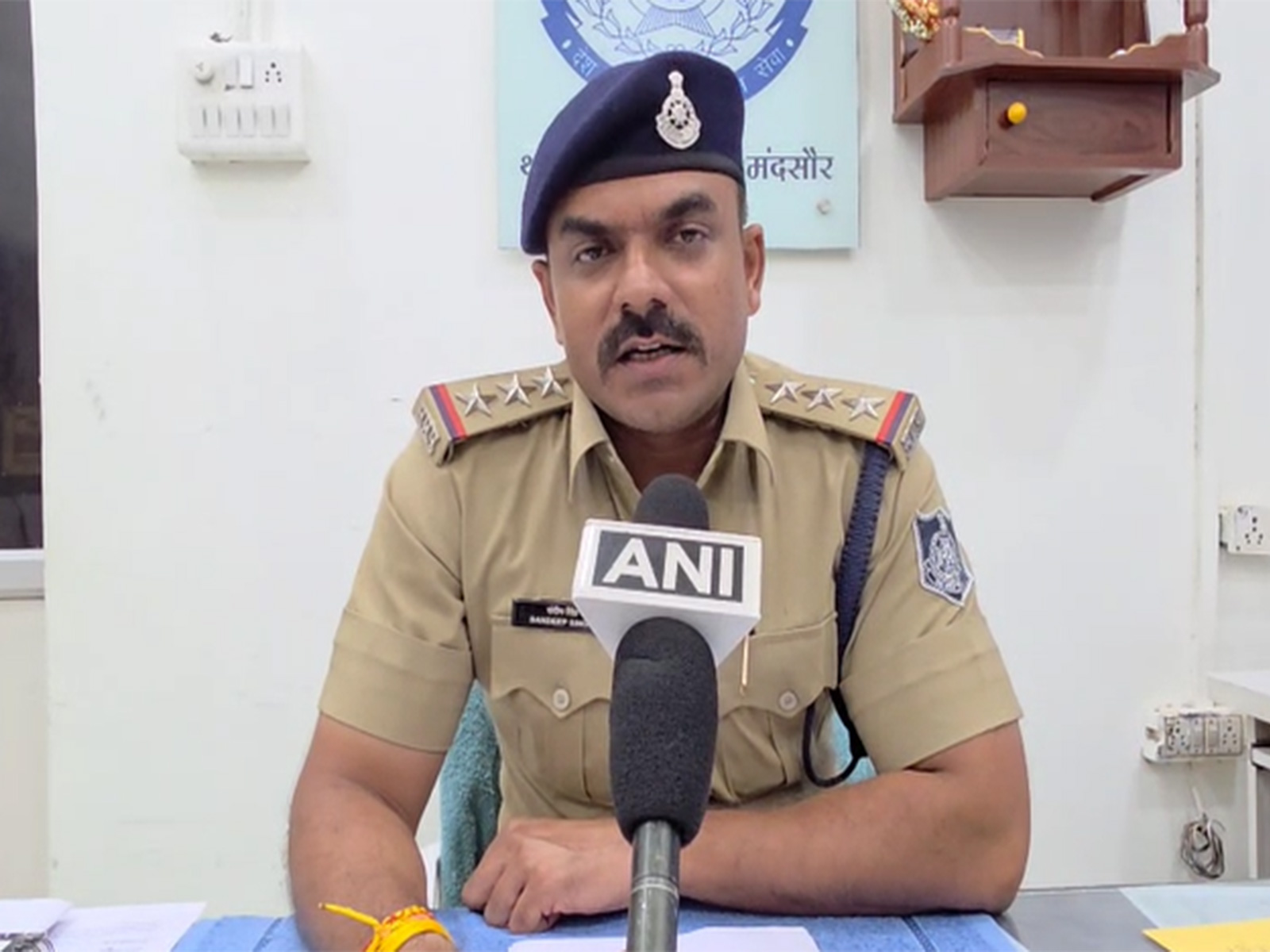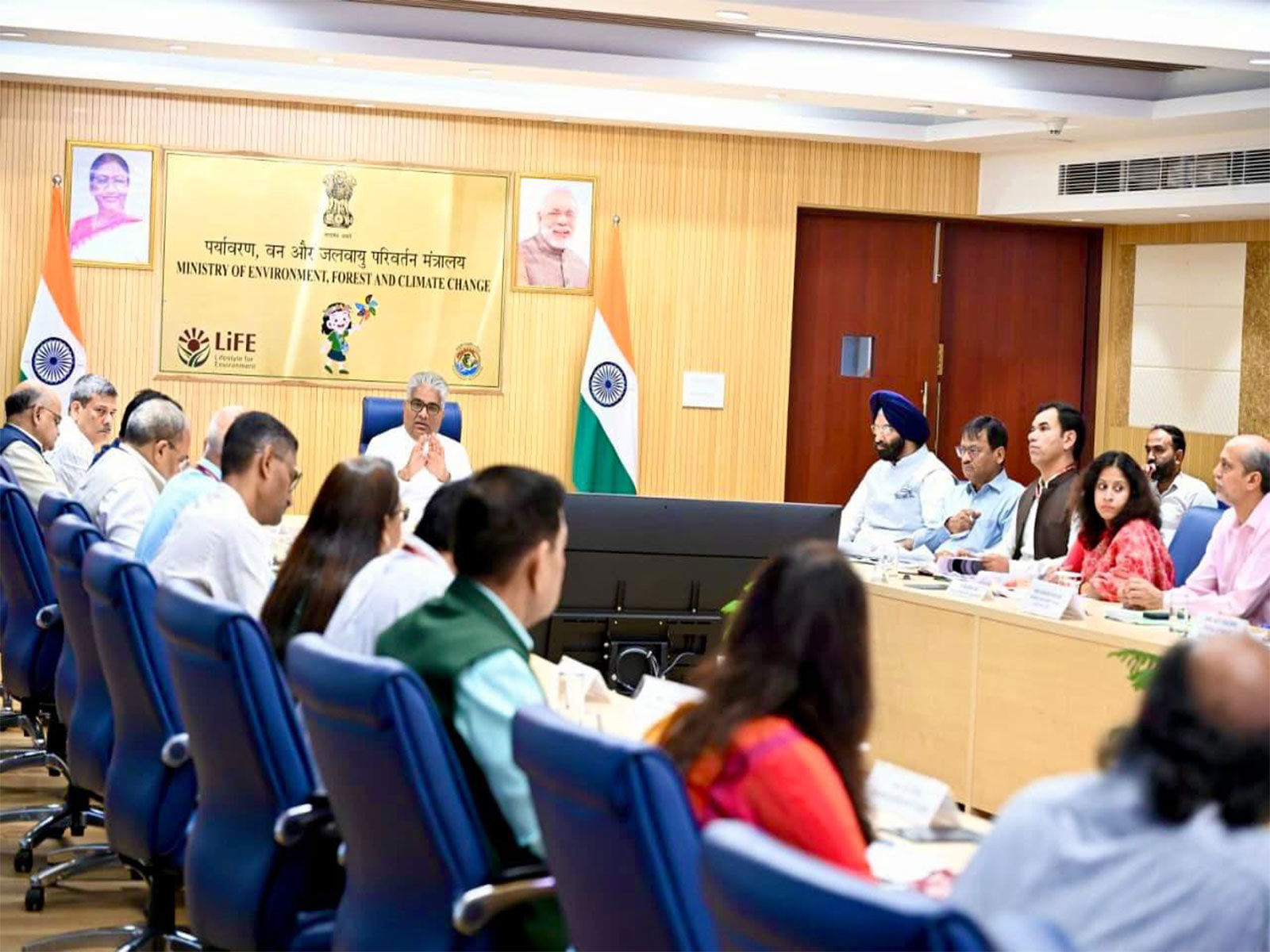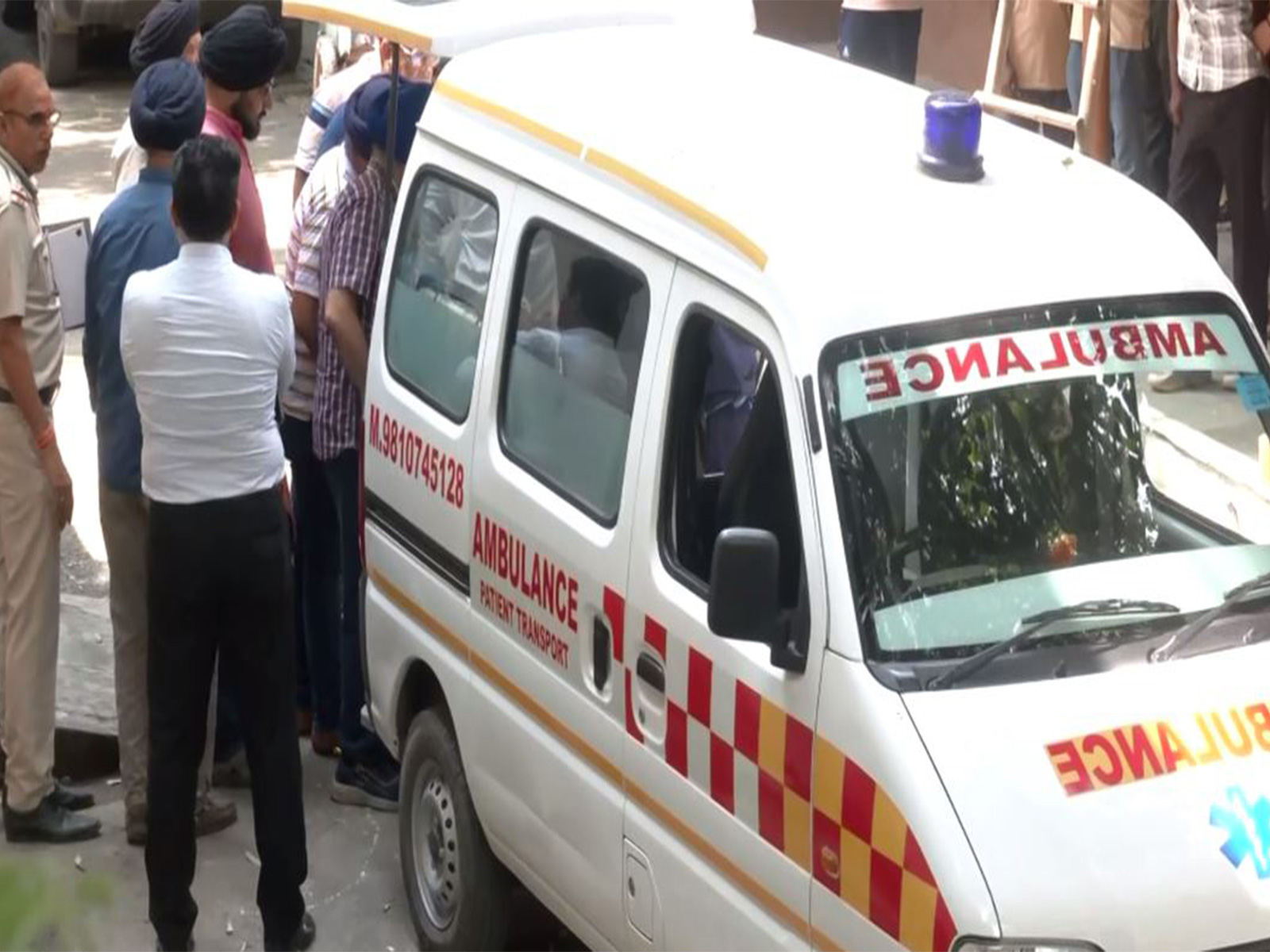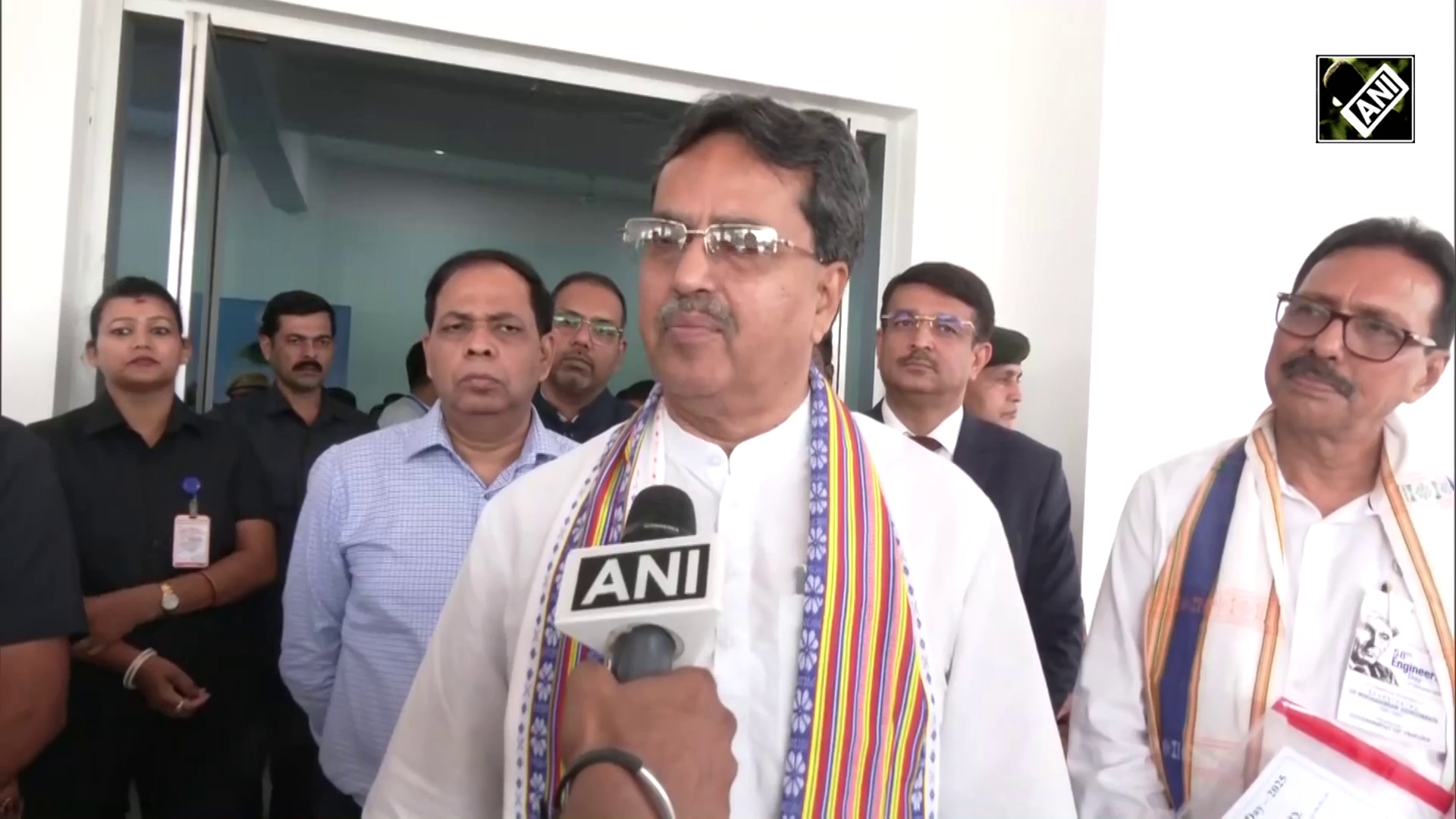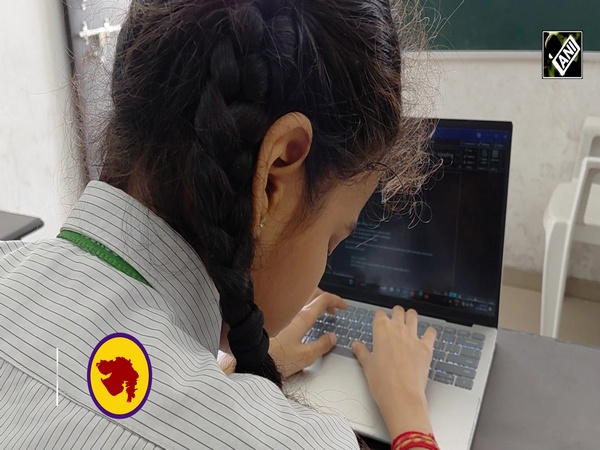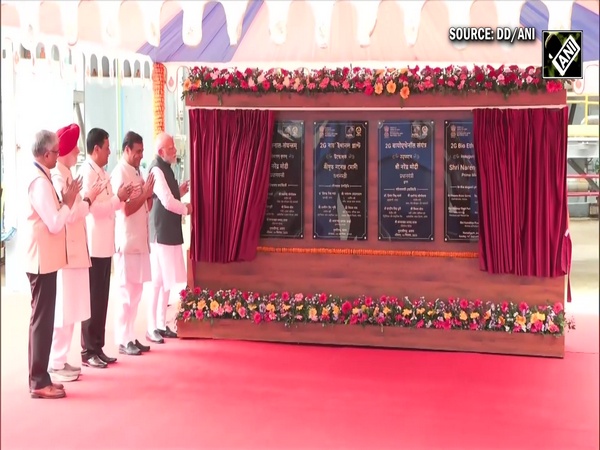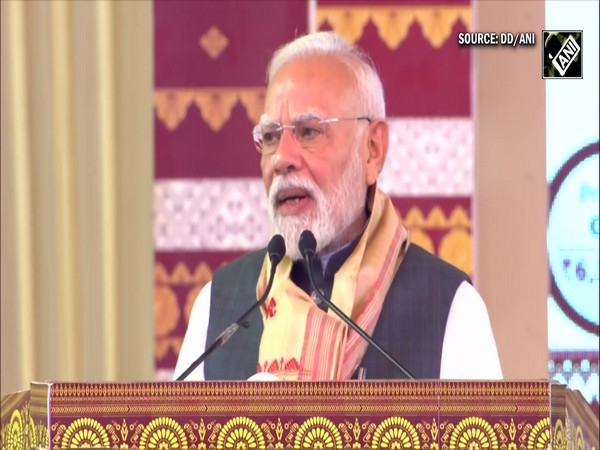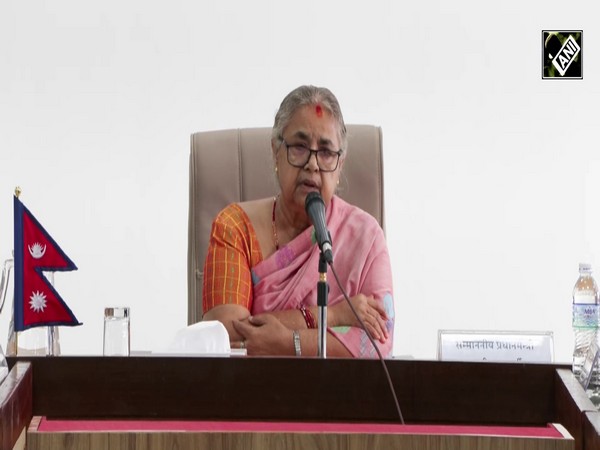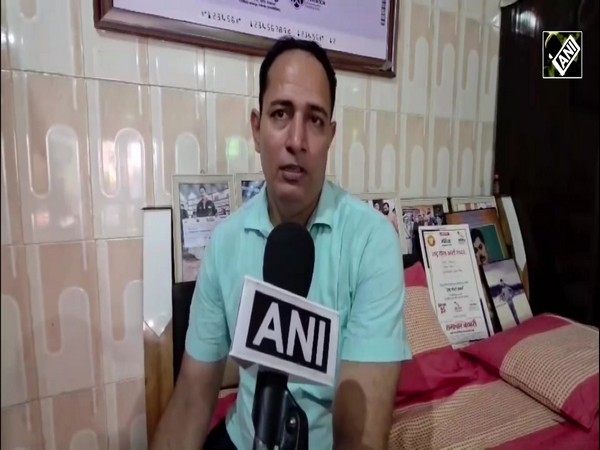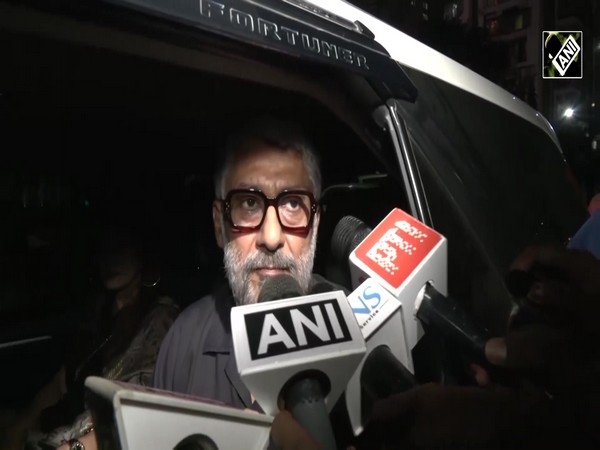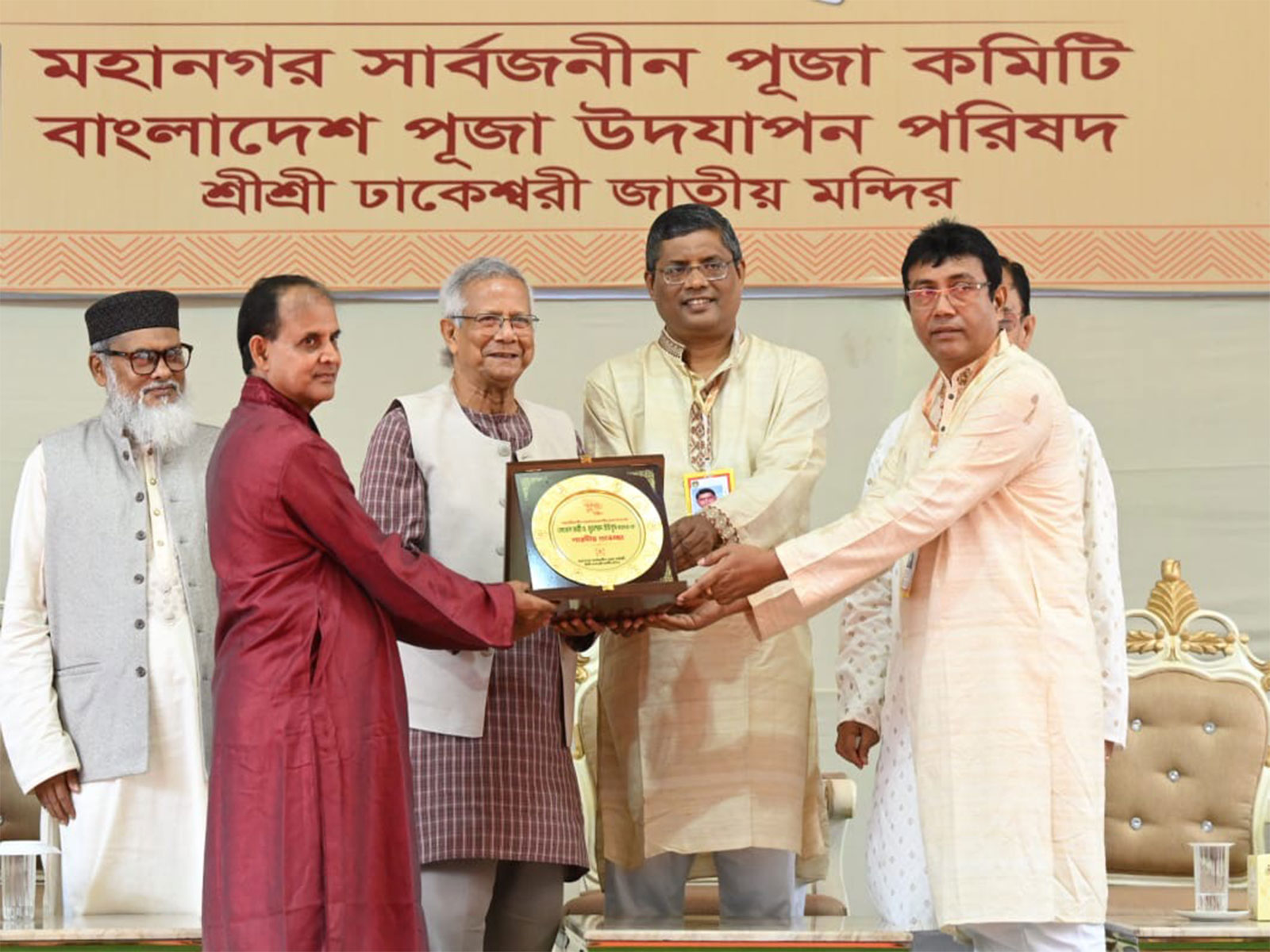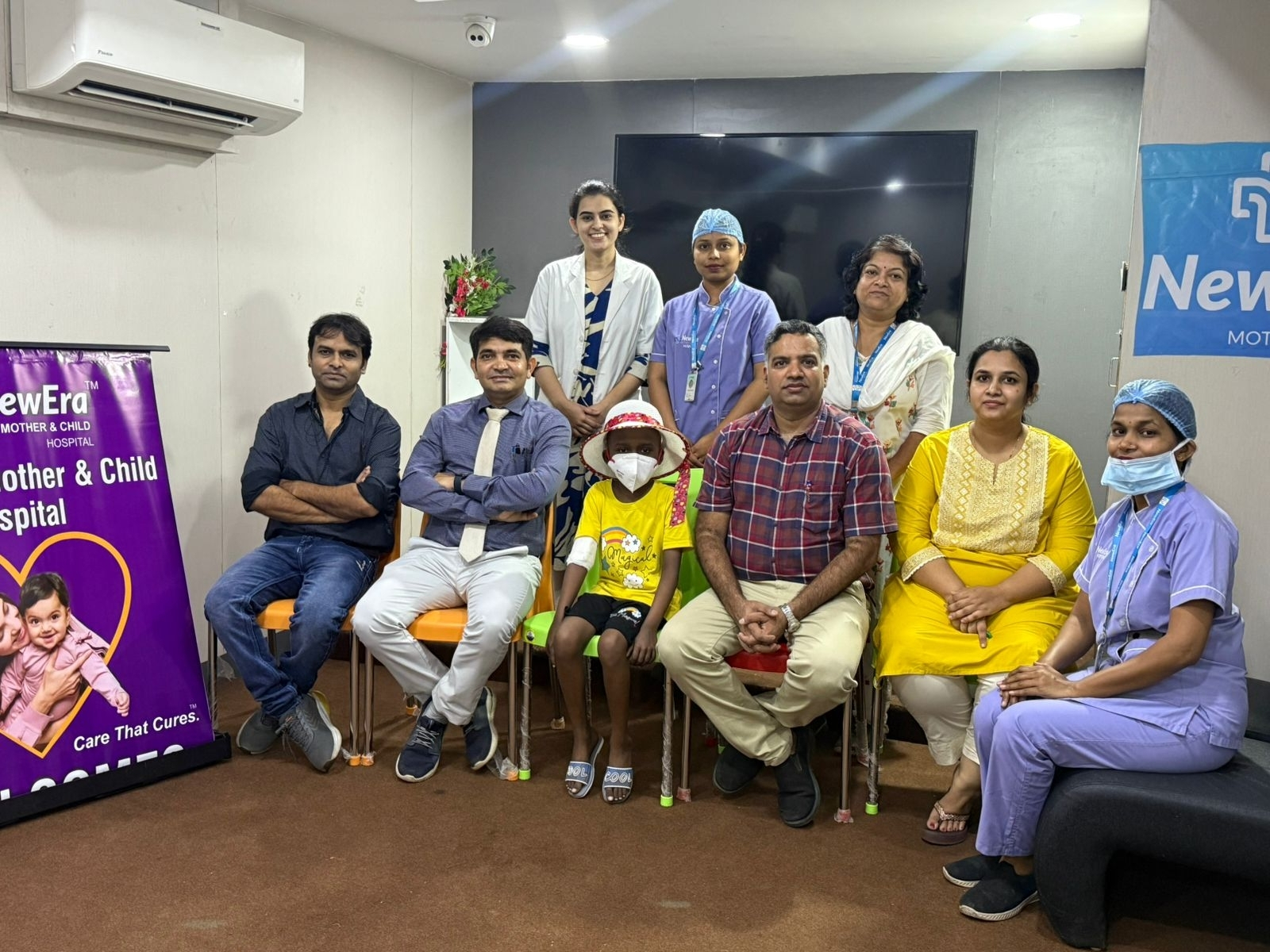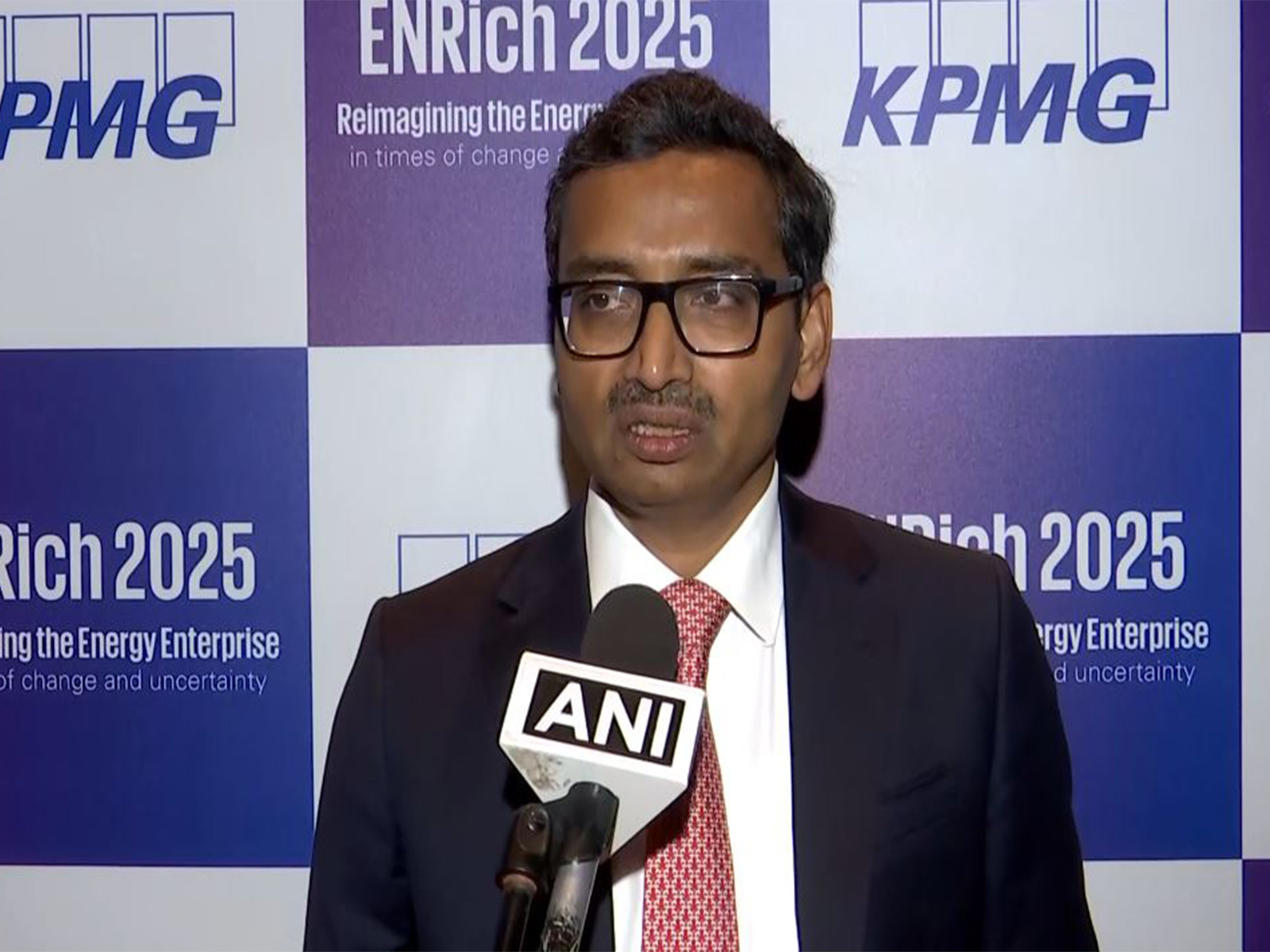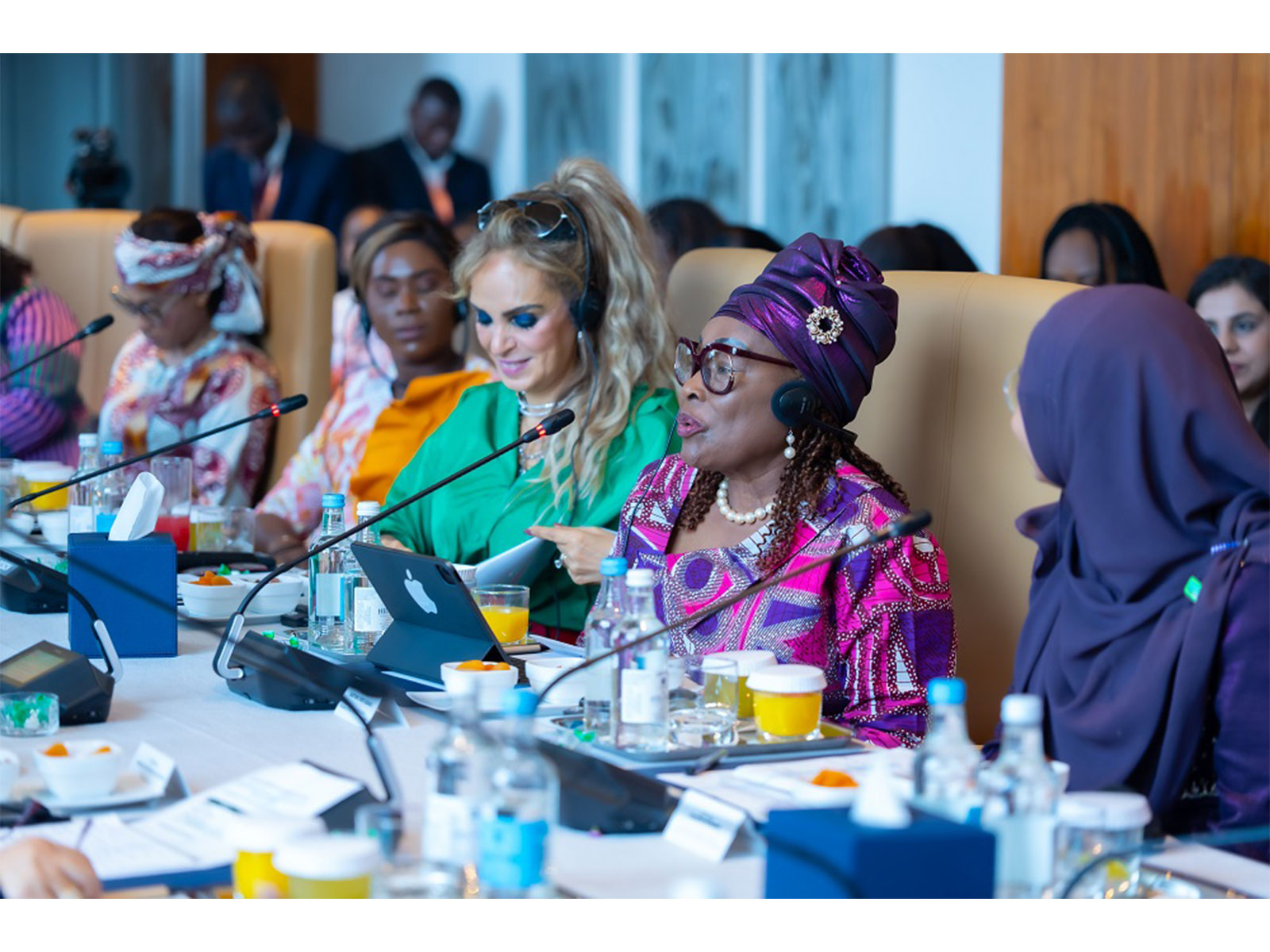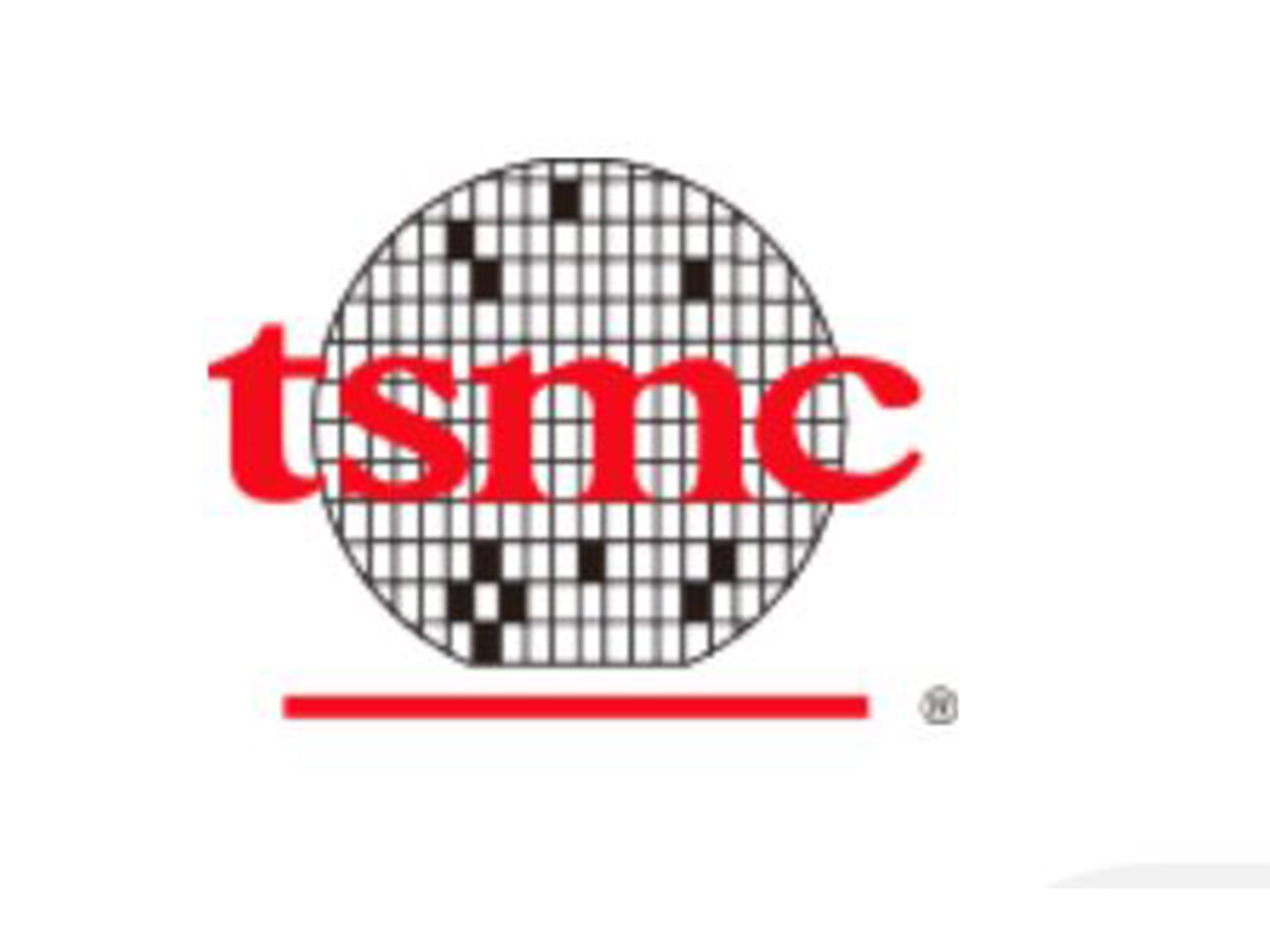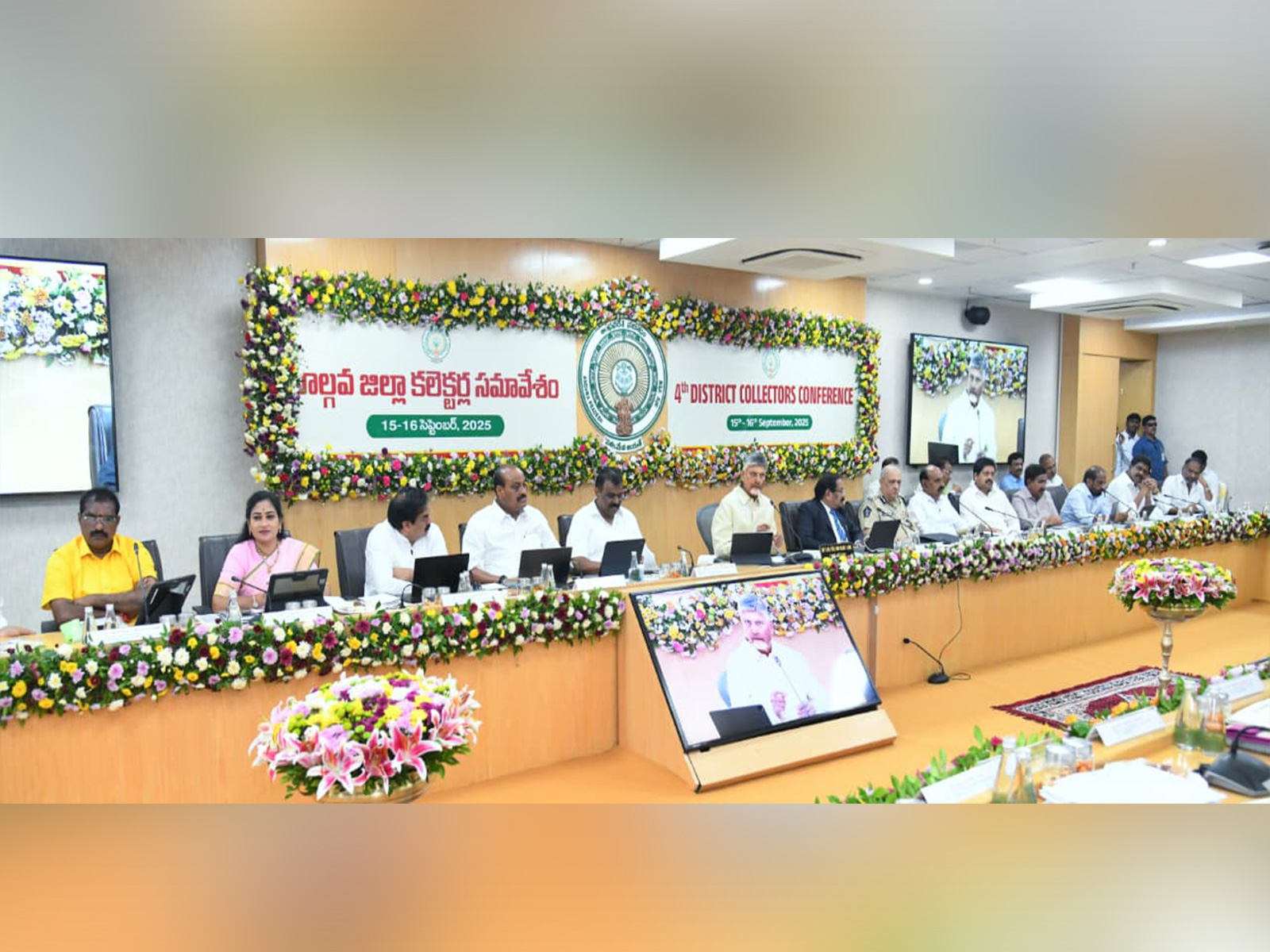
Revenue Department focuses on transparency, digital governance: Special Chief Secretary at 4th Collectors' Conference
Sep 16, 2025
Amaravati (Andhra Pradesh) [India], September 16 : A detailed review of the functioning of the Revenue and revenue-generating departments was held on the second day of the 4th Collectors' Conference, a press release said.
G Jayalakshmi, Special Chief Secretary and CCLA, said the Revenue Department is focusing on transparent land services, digital records, legal pattas, faster mutations, and speedy resolution of land disputes. She noted that these reforms have strengthened public trust and created a land administration system supportive of agriculture and investments.
As per the release, she explained that pattas are being distributed at the village level to provide legal protection to landowners while reducing future disputes. Public grievance redressal has also been strengthened, with 84.5 per cent of 2.5 lakh complaints already resolved.
Through Webland and mutation reforms, citizens can access land records online, while ownership details are automatically updated after registration. Regularisation schemes are granting legality to unauthorised plots, and over 10,000 cases have already been taken up under the Online Revenue Courts system. The large-scale land re-survey has so far covered 6,860 villages, and measures are being taken to complete 2,000 villages every six months under Re-survey 2.0.
In the Stamps and Registration Department, she said modernisation is not only enhancing revenue but also simplifying services for citizens. Digitisation and online services now allow instant access to registered documents, while appointment-based registrations have reduced delays. The introduction of e-stamping has improved security and reduced corruption. A single-window system now integrates registration, mutation, and encumbrance certificates, enabling citizens to complete all related services seamlessly in one platform, the press release said.
Mukesh Kumar Meena, Principal Secretary, Excise, said the Excise Department plays a vital role in public health, safety, and social welfare. The government is committed to gradually reducing alcohol consumption by closing belt shops, regulating wine shop timings, and reducing the number of outlets.
He noted that digital reforms have been introduced to ensure transparency, with digital payments promoted across wine shops to encourage cashless transactions. The adoption of track-and-trace technology now monitors the liquor supply chain from production to sale, helping curb spurious and illegal liquor. At the enforcement level, coordinated drives involving Collectors, police, and excise officials are being carried out, resulting in a significant reduction in illicit liquor cases.
Both departments reiterated their commitment to delivering transparent, citizen-friendly, and technology-driven governance while safeguarding public welfare, the press release said.
